Industry and Mines of Iraq
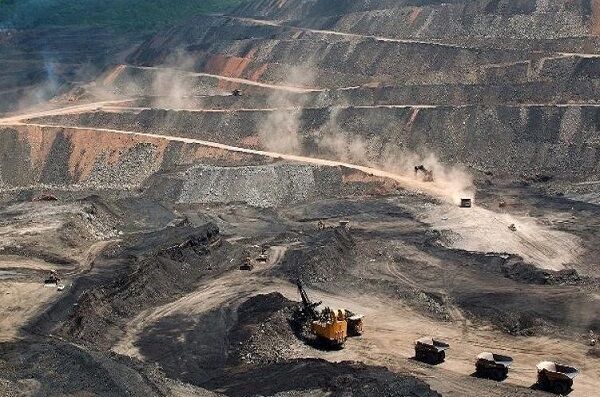 There are many mineral riches that Iraq has that have been discovered by domestic experts, and this issue was previously confirmed by "Khaldoun Al-Bassam", the former director general of the Geological Organization attached to the Ministry of Industry and Mines of Iraq.
There are many mineral riches that Iraq has that have been discovered by domestic experts, and this issue was previously confirmed by "Khaldoun Al-Bassam", the former director general of the Geological Organization attached to the Ministry of Industry and Mines of Iraq.
He said that all mineral discoveries in the country have been made by Iraqis since 1966, and the discovery that Iraq has the largest sulfur reserves in the world and the second phosphate reserves after Morocco was made by the Iraqi Geological Organization.
According to previous geological reports and surveys, the country of Iraq has very important mineral wealth that is concentrated in several areas and has very large reserves; As phosphates exist in large quantities in the western regions of the country, especially in Anbar province.
It is also found in Nineveh province in the north and Wasit, Najaf and Mushani provinces in the south, and its reserves are estimated at 10 billion tons.
According to the research published by the Center for Research and Studies of Strategic Relations (Independent Iraqi) last year, Anbar province is the richest province in Iraq in terms of mineral wealth.
According to the Iraqi Phosphate Joint Stock Company, which is affiliated with the Ministry of Industry, recent surveys indicate that the huge confirmed and unharvested reserves of phosphate amount to two billion tons, with unconfirmed amounts that may exceed 7 billion. to reach
Also, regarding iron metal, which is found especially in the southwestern desert of Anbar, and its underground reserves are estimated at about 60 million tons.
Meanwhile, Anbar province also has large reserves of uranium in the Akashat region in the Western Sahara.
Oil has helped reduce the importance of the exploration of other minerals, but according to Nawar Al-Saadi, a professor of international economics, the situation has changed now.
In an interview with Al-Jazeera website, he also referred to global economic reports that emphasize the finitude of oil wealth, in addition to the possibility of a significant decrease in demand for it in the next few years.
These forecasts led Al-Saadi to believe that there is a possibility that the mines in Iraq will become the main source of supply for the country after the end of oil or a decrease in its price in the future, but he attributed this to the need of international companies to extract and their export is related, in addition to the fact that investing in it requires integrated financial and legal resources.
He further pointed out that if the extracted minerals become global and precise industries, it can be equivalent to oil or more, but it is unlikely that this will happen in the near future.
Al-Saadi also said that according to the latest survey conducted by the Geological Organization of Iraq in collaboration with the universities of Tikrit, Babol and Anbar, Iraq contains dozens of minerals in large quantities, including some rare minerals such as uranium, gold, silver, red mercury and Pure sulfur, in addition to iron, copper, tin, chrome, nickel, aluminum and other minerals, is scattered in all provinces of the country from south to north and from west to east.

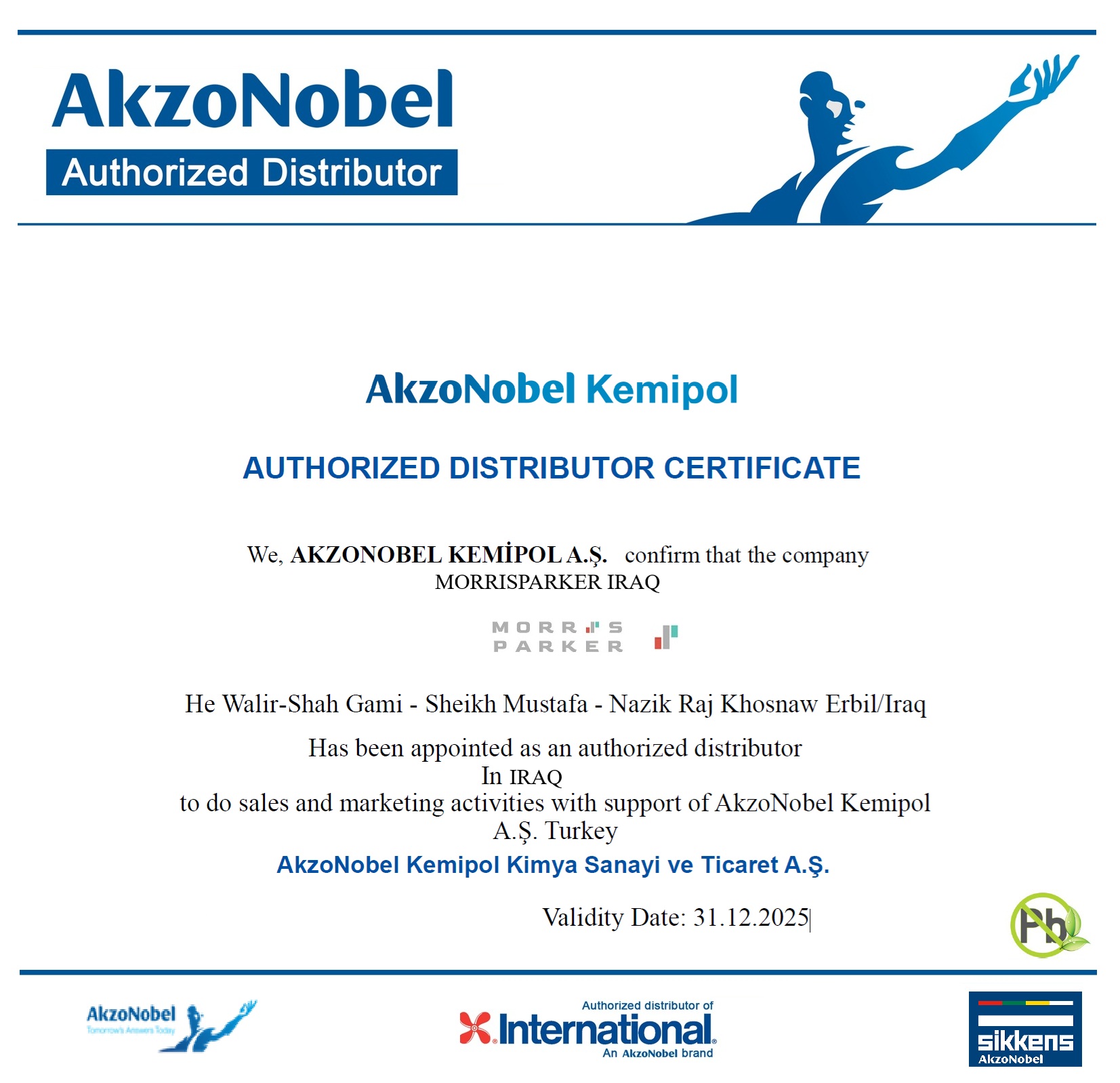
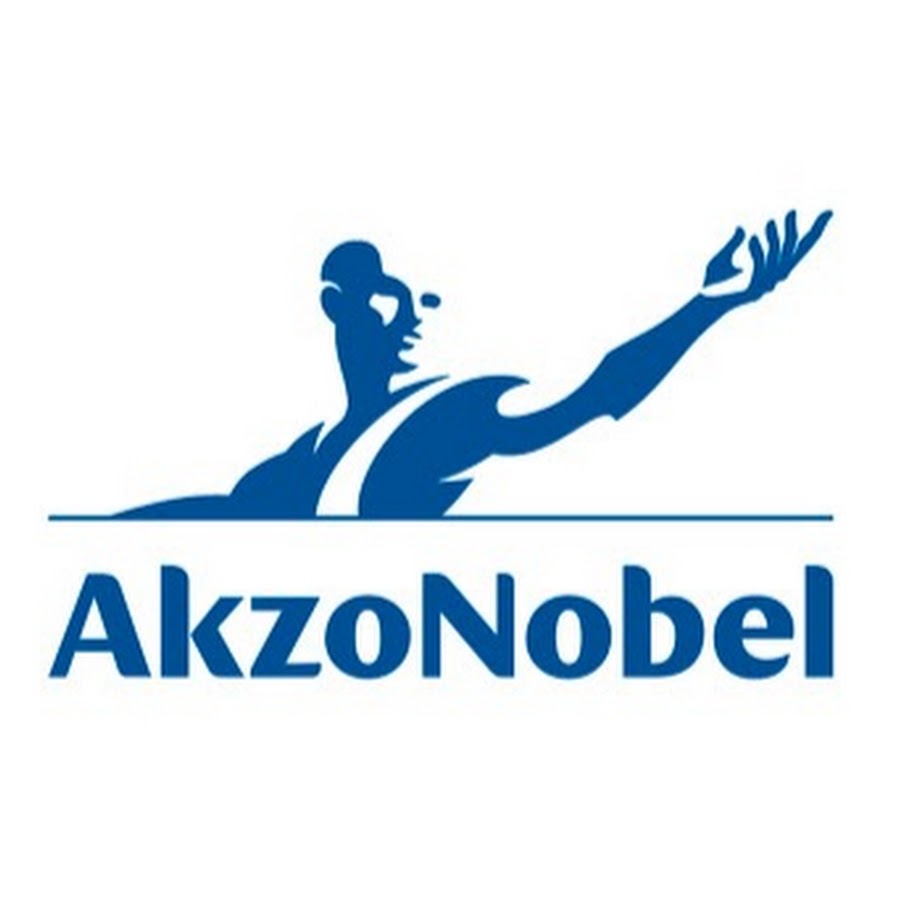
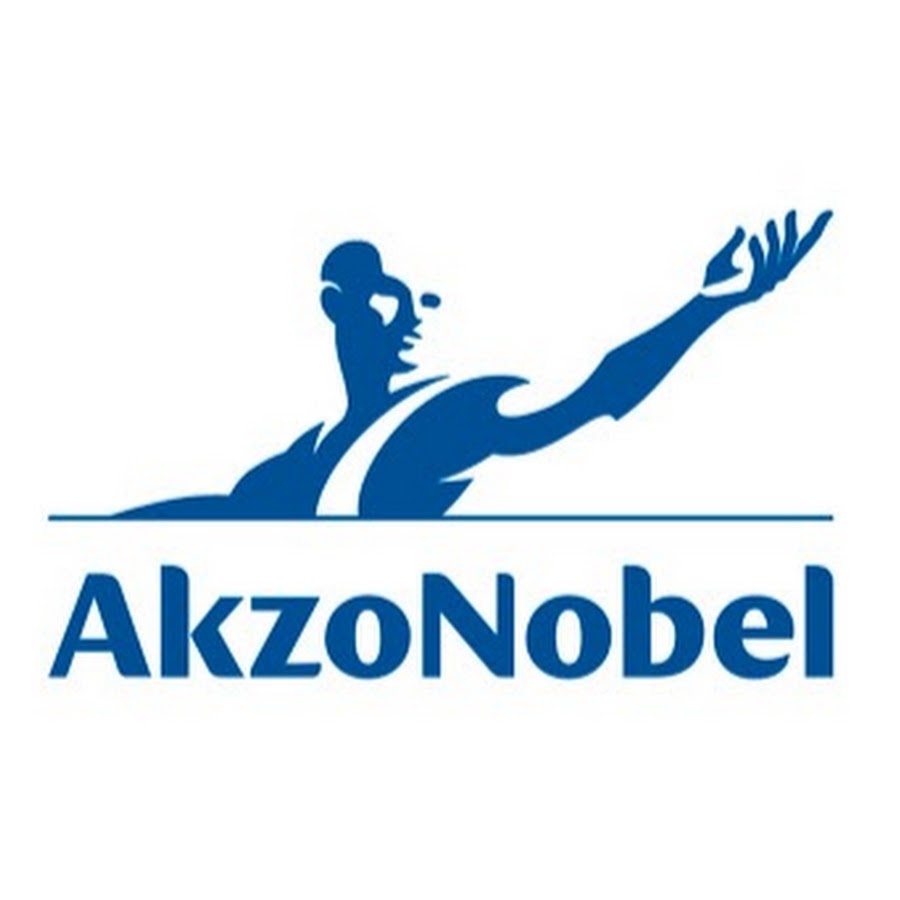


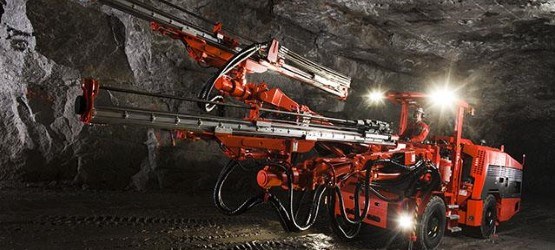
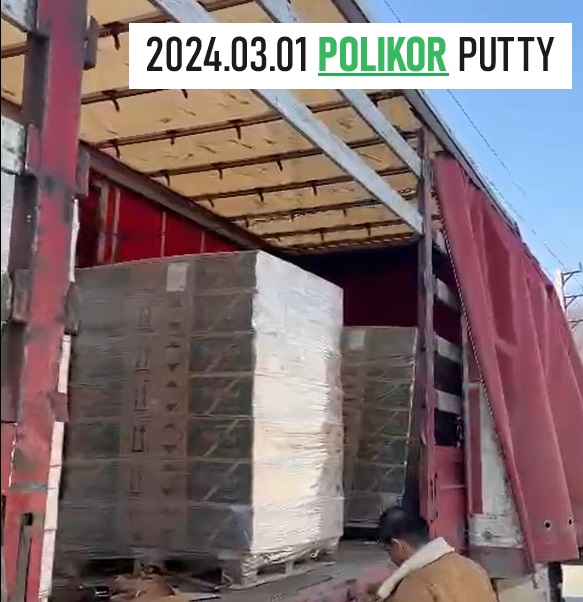


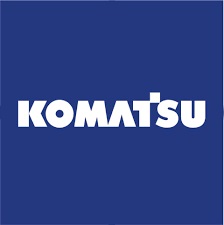


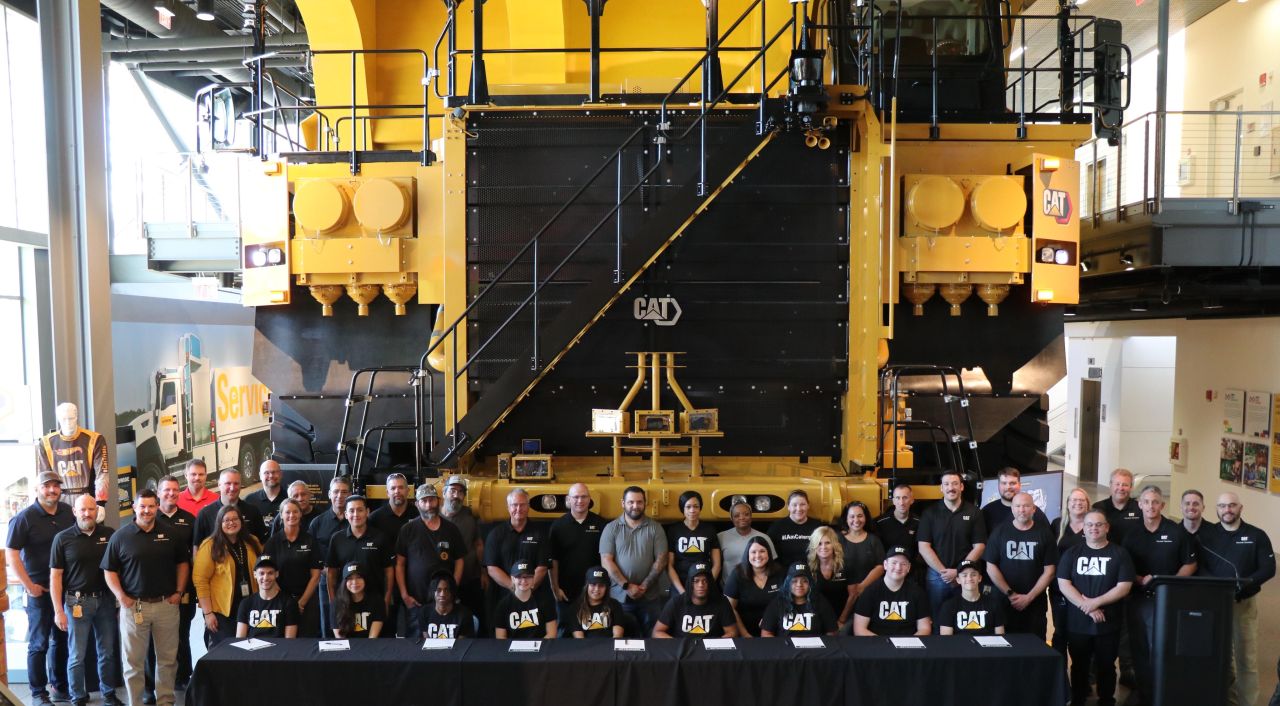




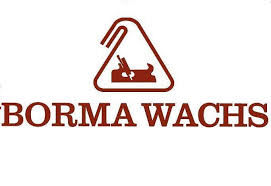
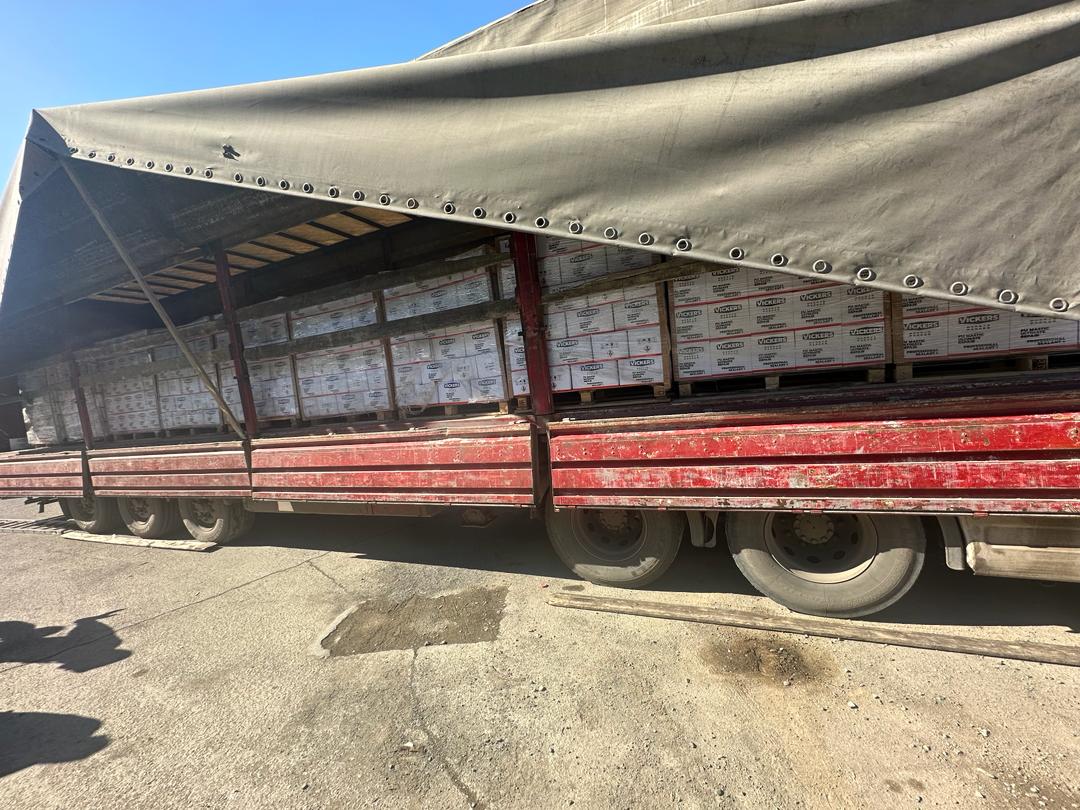
.jpg)

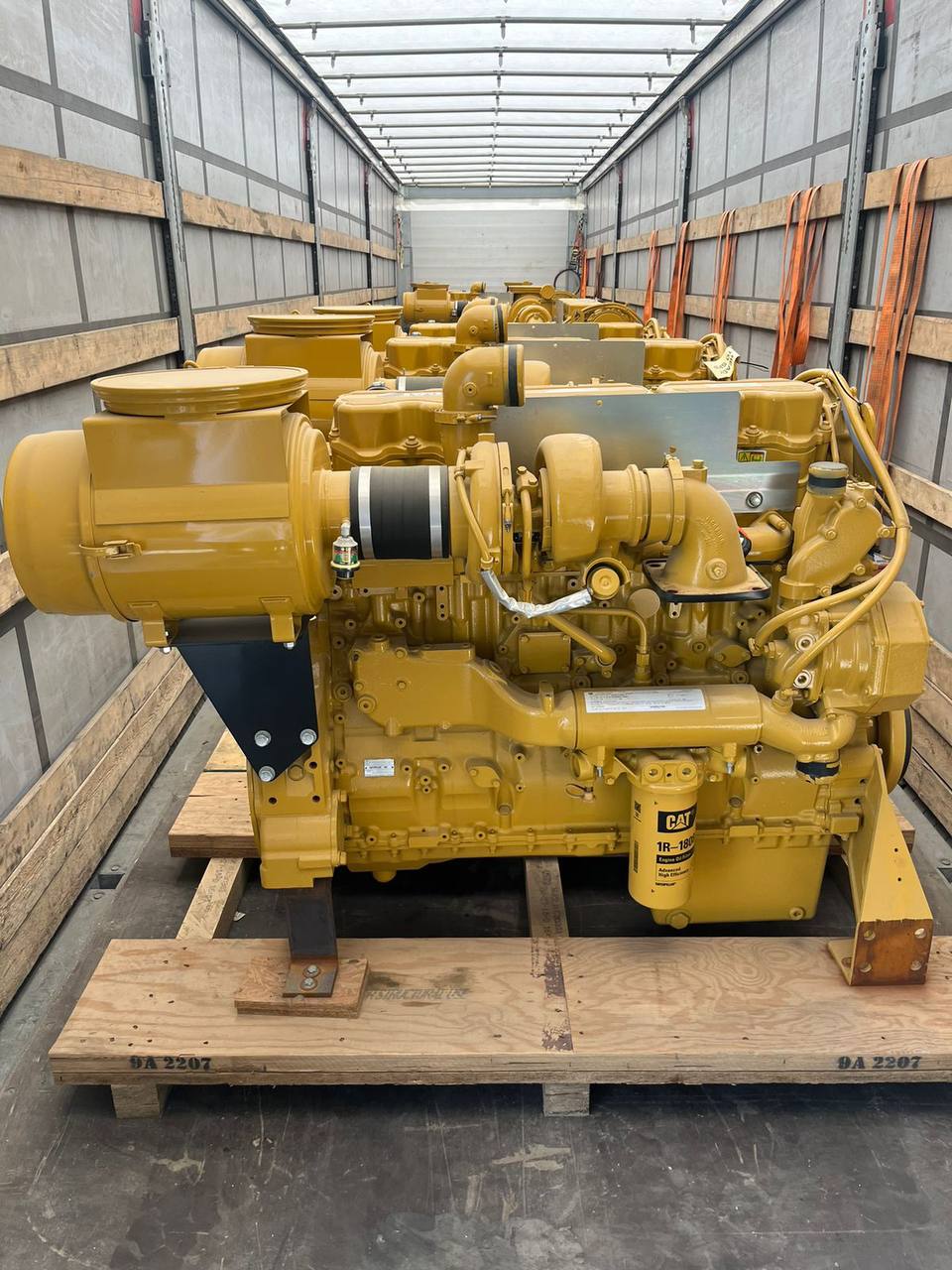
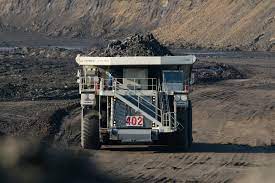



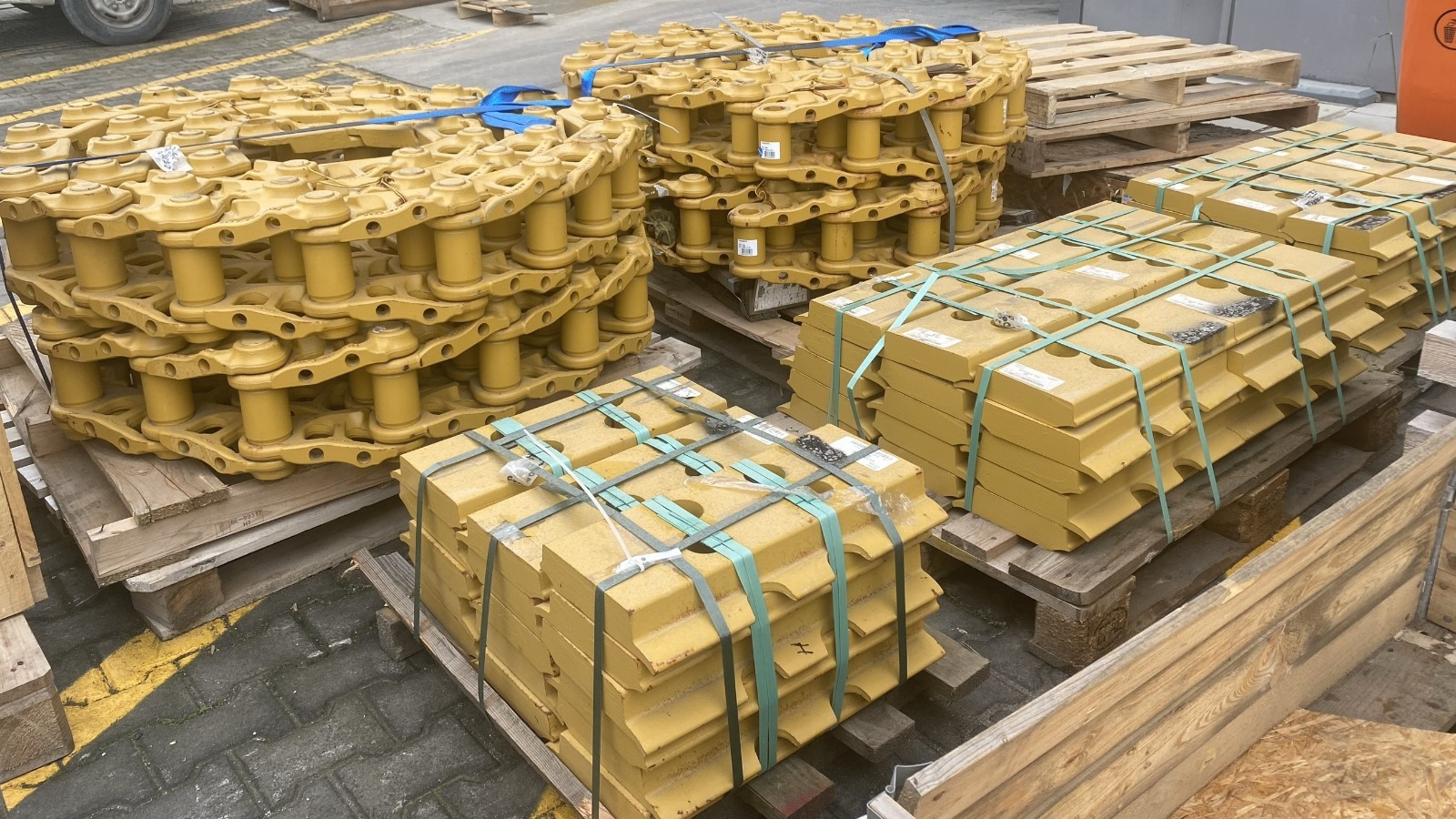
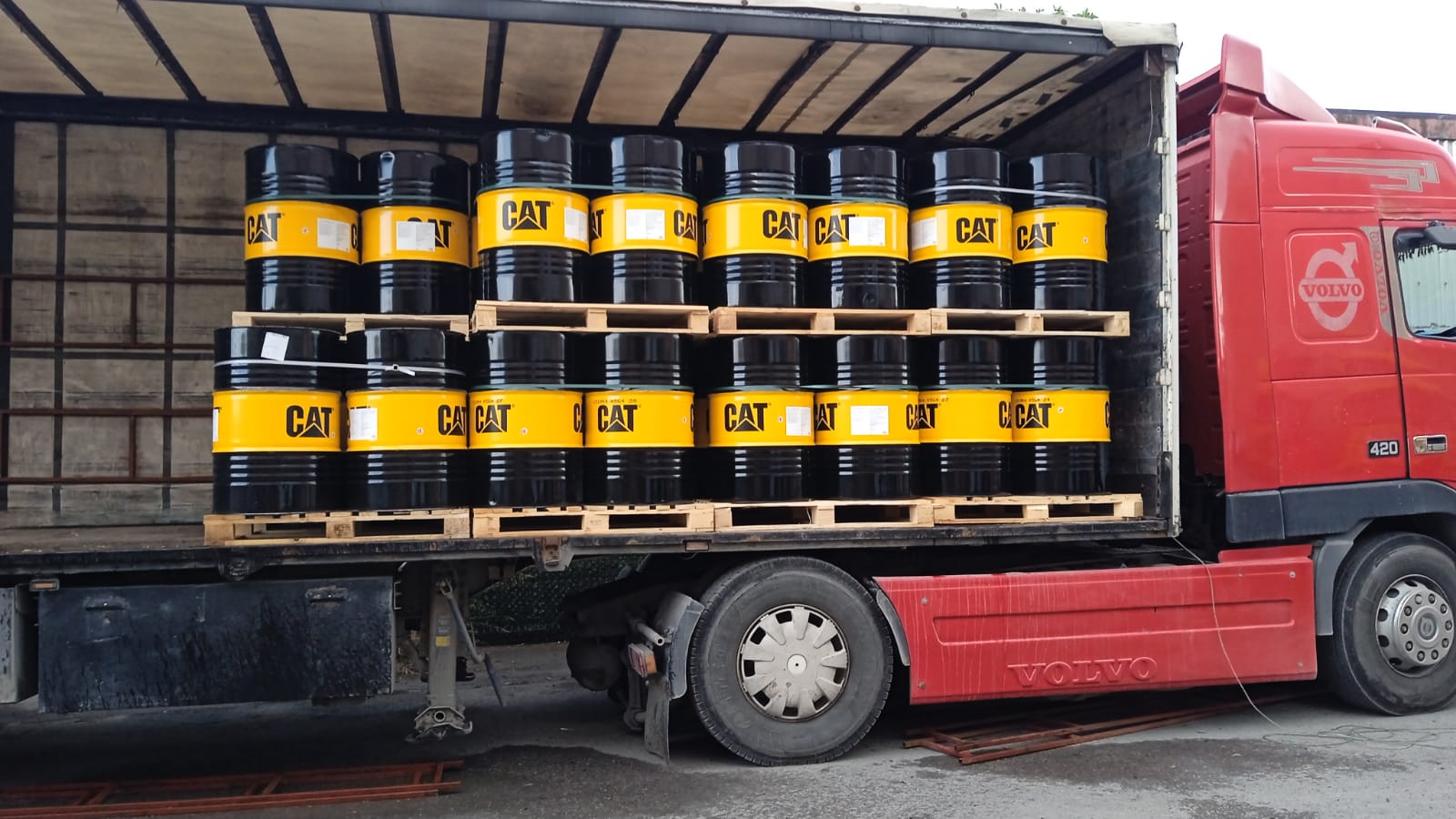

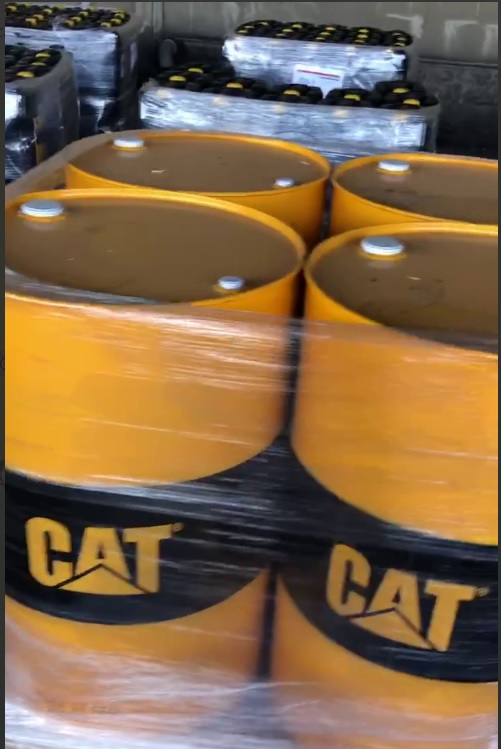

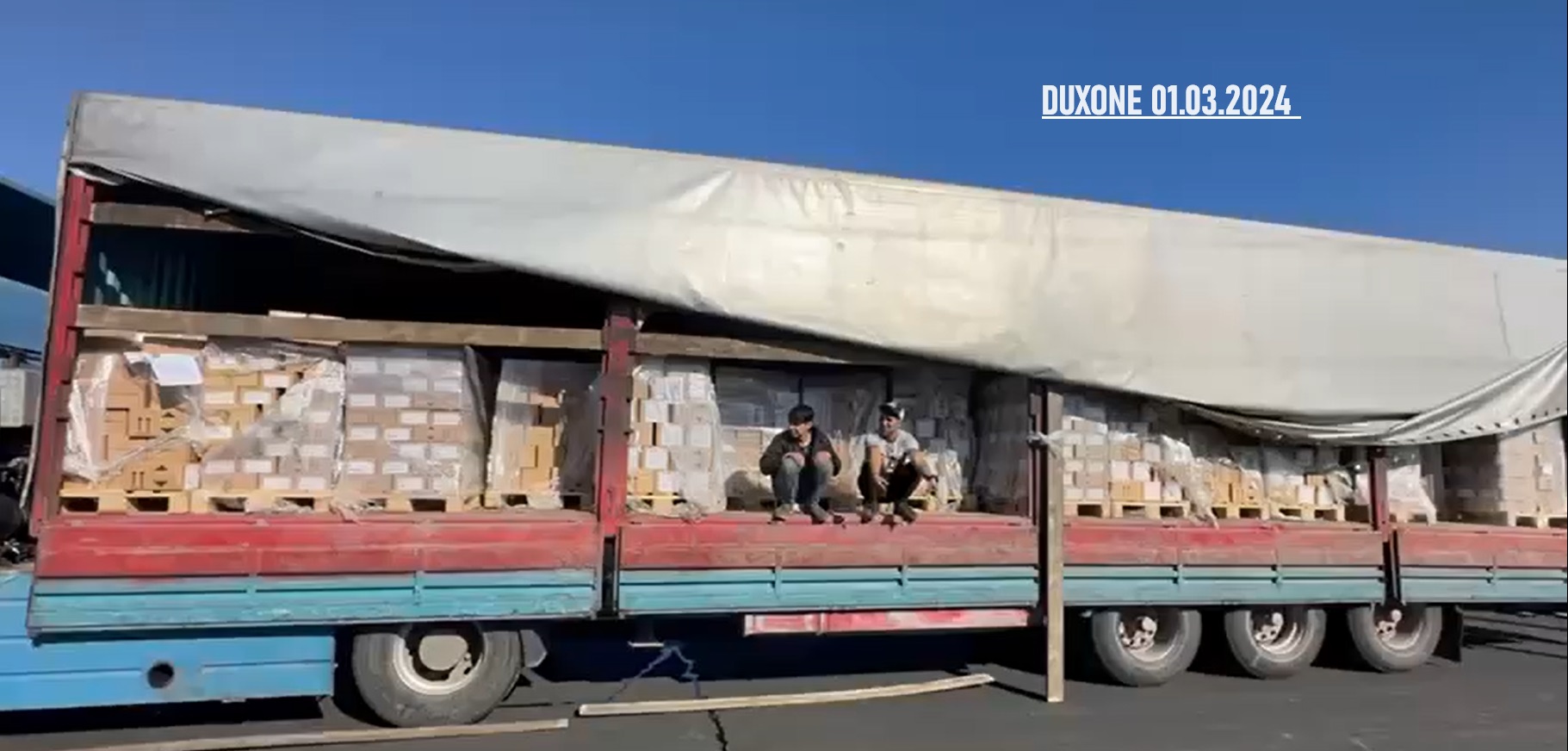


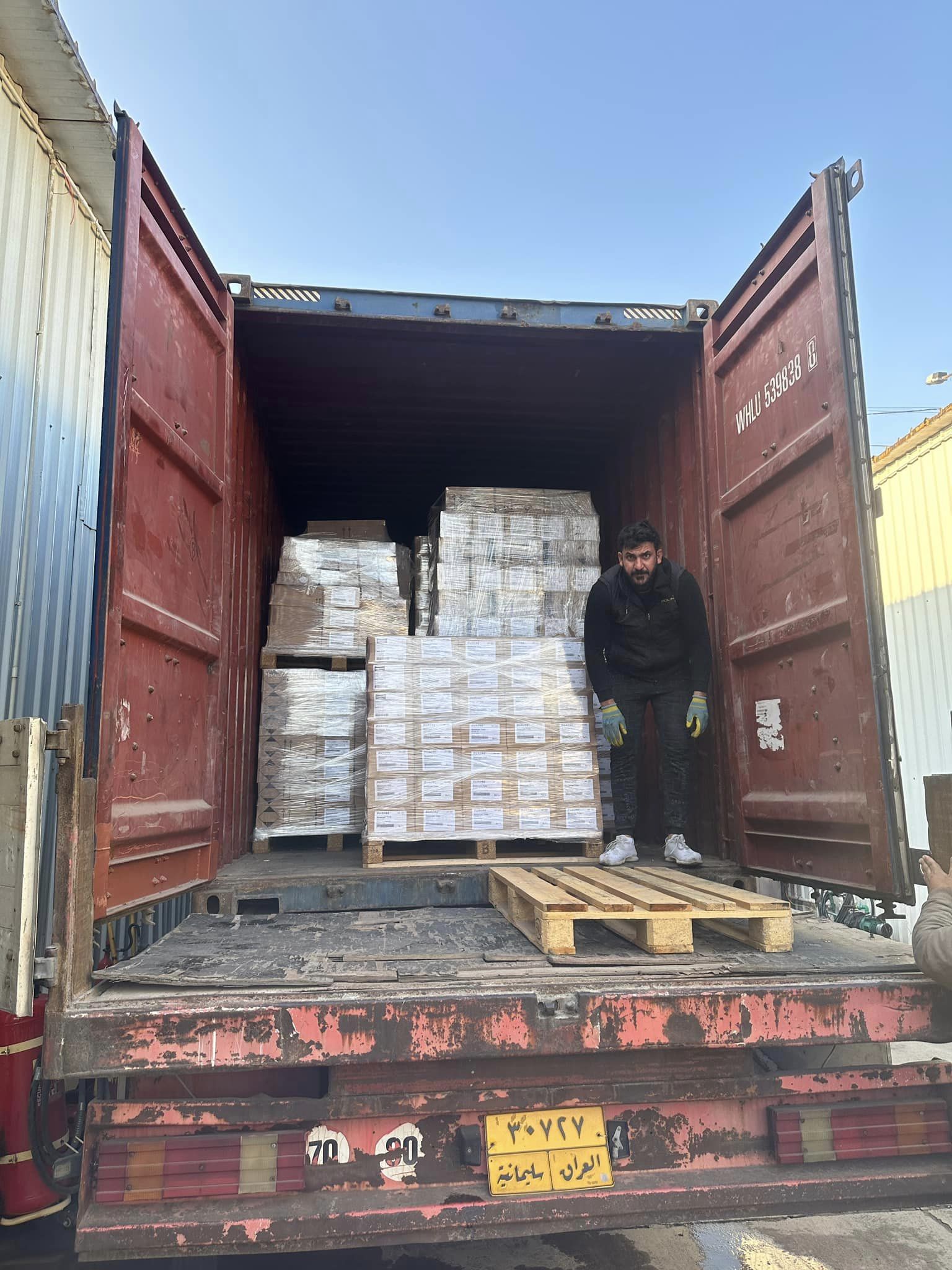





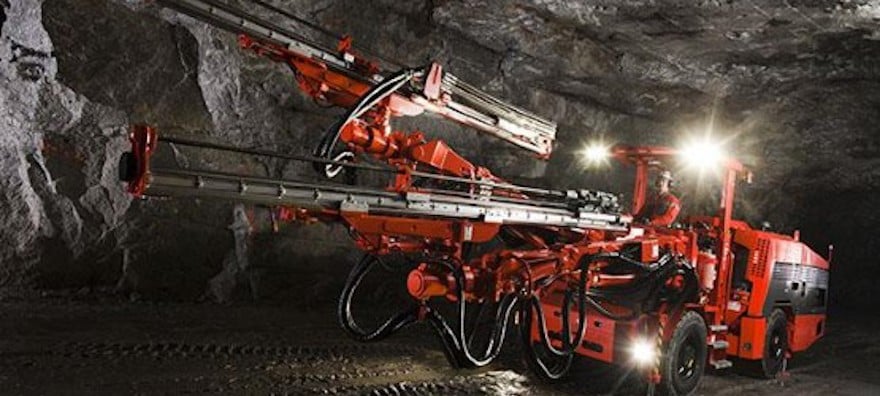
.jpg)






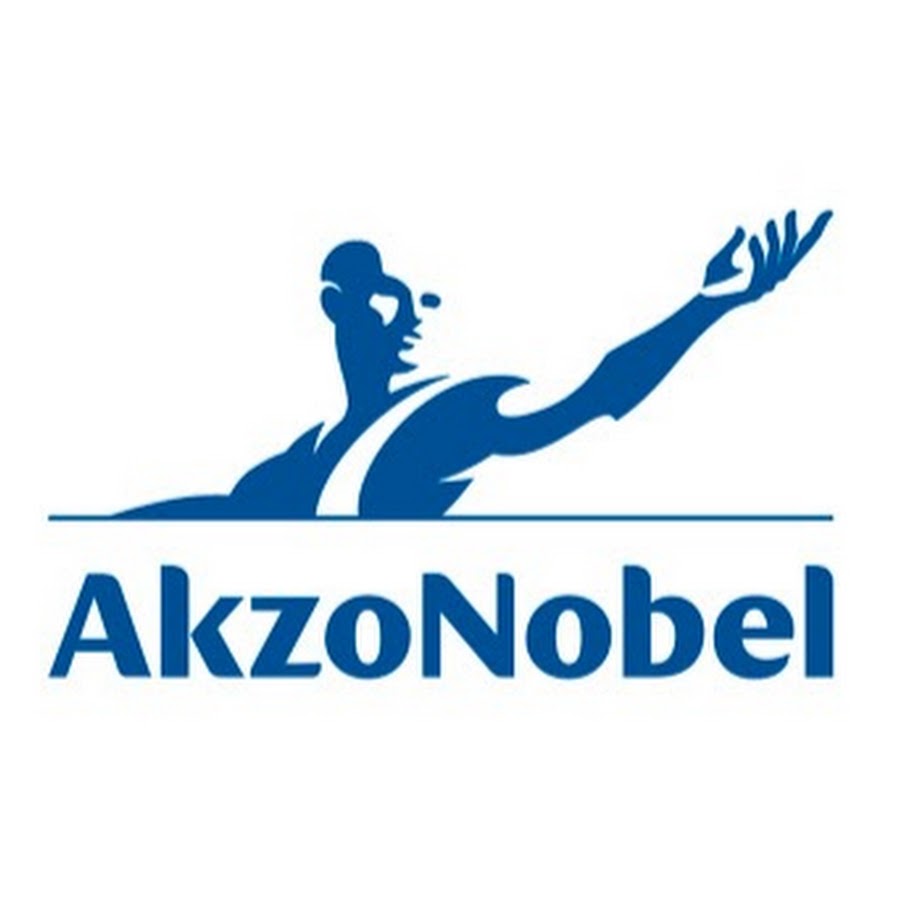
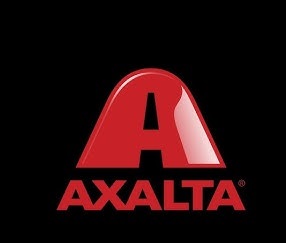


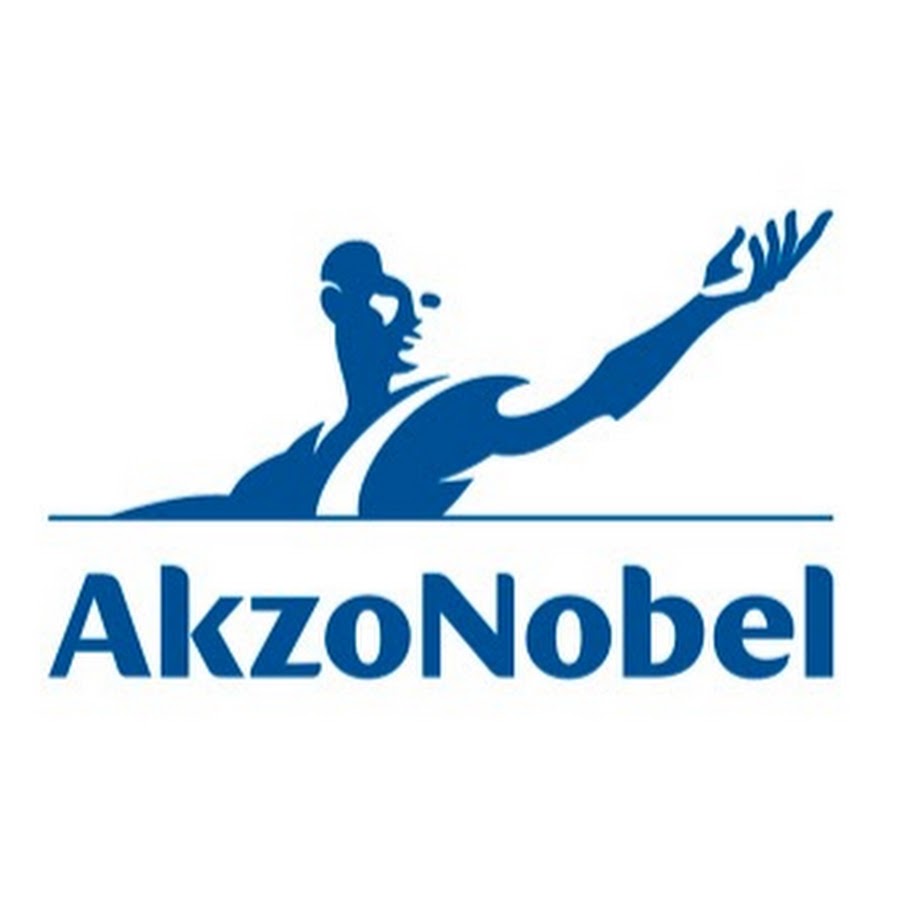
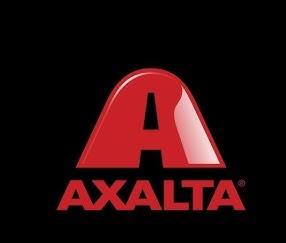

.jpg)